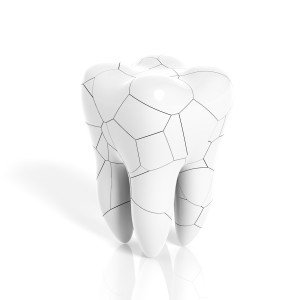So You’ve Lost A Tooth
 Perhaps you’ve lost a tooth because of an accident, or perhaps it got too infected and it needed to come out. Perhaps it’s simply worn down with age and infection is too likely for it to be worth keeping around. However it happens, there’s now a hole where your tooth used to be, and so you’re facing a decision on how to fill it.
Perhaps you’ve lost a tooth because of an accident, or perhaps it got too infected and it needed to come out. Perhaps it’s simply worn down with age and infection is too likely for it to be worth keeping around. However it happens, there’s now a hole where your tooth used to be, and so you’re facing a decision on how to fill it.
Bridges
False teeth come in a wider variety than just the complete set of upper and lower teeth which you probably thought of when you first read that pair of words. When you only have a few teeth missing, even if it’s just one, you can get a special kind of denture called a bridge. Bridges secure themselves by replacing the crowns on the existing teeth on either side of the missing span, although if the span is wide enough a bridge may also need to use a dental implant in order to remain stable.
Full Dentures
If all your original teeth are gone and you have to use a full set of dentures, you may run into some unique problems. Keeping your dentures fixed tight on your jaw can be surprisingly hard, both at first as your gums collapse around the holes where your teeth used to be and over time as your jaw shrinks without teeth to keep stimulating its growth. Fortunately, dental implants can come in handy in this case, too, by giving your dentures a better anchor than that which a simple adhesive can provide.
Dental Implants
Even beyond the uses mentioned above, dental implants can serve as replacement roots which support a single ceramic crown directly. The advantage of titanium implants comes from the way they integrate with your jawbone and prevent it from wasting away, but on the other hand they require plenty of bone to begin with and the operation is relatively expensive. It’s possible to graft on extra bone in order to anchor an implant, but that brings with it the added expense and risk of additional surgery. Losing a tooth is hardly the end of the world, and with all the options available today you might not even notice that it’s gone. You should still choose your replacements wisely, however, since some methods aren’t quite as good at replacing your old teeth as others.